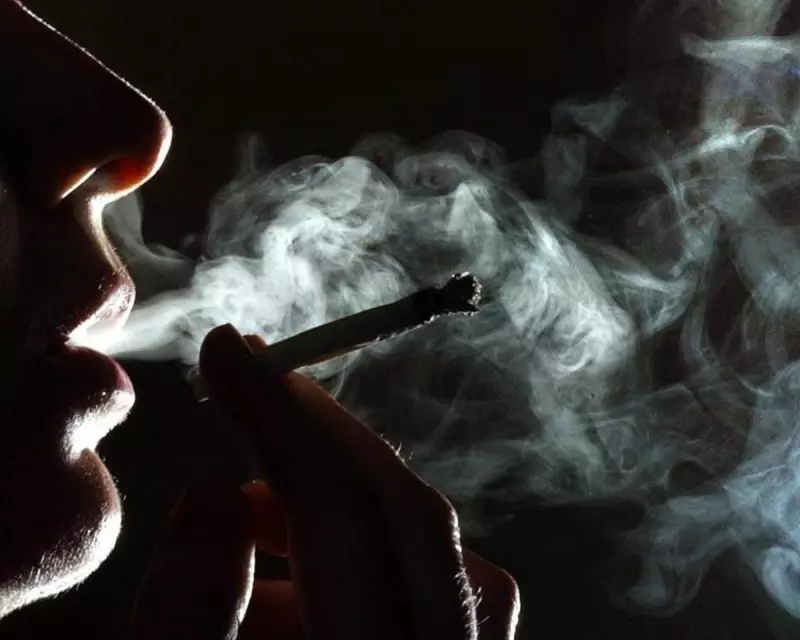
Individuals who consume cannabis to alleviate symptoms of mental illness face a dramatically higher risk of developing paranoia and psychosis, according to a major new study from leading British universities.
The research, a collaboration between King's College London and the University of Manchester, delivers a stark warning to those using the drug to self-medicate for conditions like anxiety and depression. It suggests this practice may inadvertently amplify the very symptoms users seek to relieve.
A Vicious Cycle of Self-Medication
The study analysed data from over 2,000 regular cannabis users, revealing a dangerous feedback loop. Many participants reported using the drug to cope with existing mental health struggles, yet this consumption was strongly correlated with an increase in paranoid thoughts and psychotic-like experiences.
Dr. Hannah Murray from the University of Oxford, commenting on the findings, noted: "This is a classic case of the cure being worse than the disease. People are reaching for cannabis to feel better, but it's pushing them into a more distressing psychological state."
Beyond Recreational Use: A Clear Distinction in Risk
Critically, the research distinguishes between recreational use and self-medication. While all cannabis use carries some risk, the study pinpoints self-medication as a significant predictor for adverse psychological outcomes.
The potency of the cannabis, particularly high-THC varieties prevalent in the UK market, was also identified as a key factor intensifying these negative effects.
Public Health Implications for the UK
This study carries profound implications for public health policy and mental health support services across the United Kingdom. It underscores an urgent need for:
- Better public awareness campaigns on the specific risks of cannabis for those with mental health vulnerabilities.
- Improved access to conventional, evidence-based mental health treatments to reduce the reliance on self-medication.
- Targeted support for individuals caught in the cycle of using cannabis to manage their symptoms.
As the debate around cannabis legalisation continues, these findings serve as a crucial evidence-based intervention, highlighting that for a vulnerable segment of the population, cannabis use is far from benign.





